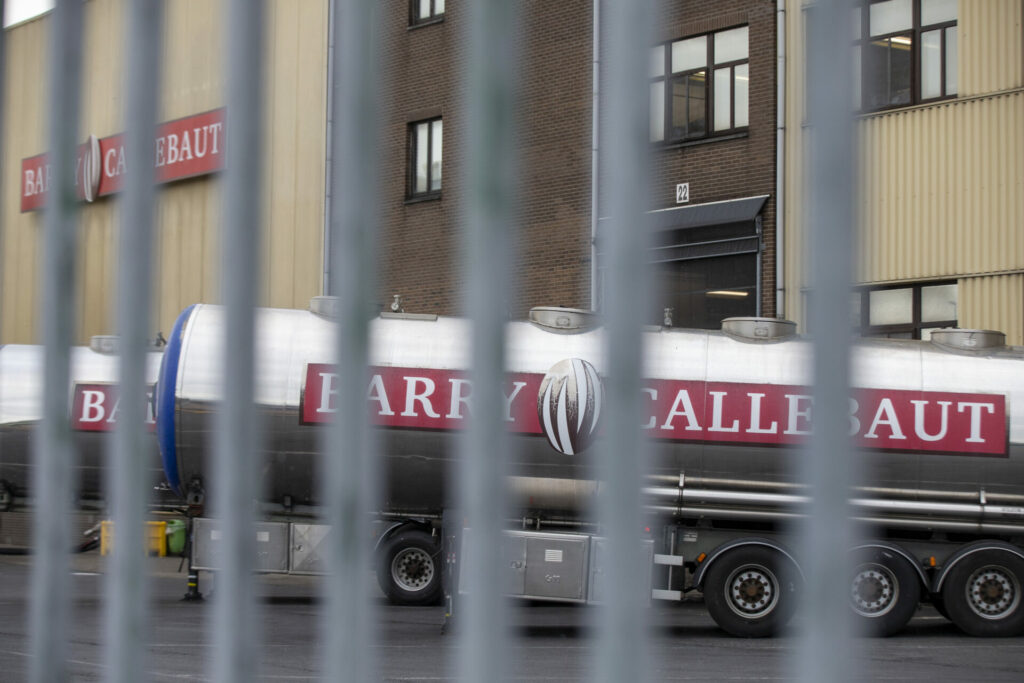The root cause of the recent salmonella outbreak at the world’s largest chocolate factory of Belgian-Swiss chocolate manufacturer Barry Callebaut has been traced back to Hungary.
Belgium's Food Safety Agency (FAVV) on Wednesday morning confirmed that a Hungarian delivery of soy lecithin, a raw material used to bind fat and water, was the cause of the recent salmonella outbreak at the chocolate factory in Wieze, East Flanders. This was the result of an internal investigation by the company, which was verified by an external test.
"We have informed the Hungarian government about this issue and they are now expected to start an investigation within their own country," Hélène Bonte, FAVV's spokesperson, told The Brussels Times.
The FAVV was able to warn Hungary via the Rapid Alert System for Food and Feed (RASFF), a European platform through which member states keep each other informed should there be problems in the food chain which could have an impact on other EU countries.
"We ourselves are not authorised to carry out such an investigation on another country's territory, which is why we sent out an alert to Hungary."
Barry Callebaut's spokesperson Korneel Warlop explained that this finding was also an important step in determining the final responsibility of the contamination, and will play a role in determining who covers the financial fallout of the incident.
No other Belgian deliveries
Bonte stressed that, based on the information the food agency has received so far, the supply of contaminated soy lecithin would only be limited to Barry Callebaut's factory. "We have no indication that other companies have either purchased or used it in their products," she said.
She also added that there is still no indication that contaminated products are circulating in the Belgian food supply, which was confirmed by the company last week. "Consumers should certainly not be concerned at this point," Bonte said.
Related News
- Another salmonella outbreak hits Belgian chocolate factory
- Hundreds of tonnes of chocolate destroyed following salmonella outbreak
- Belgian chocolate producer suspends production after Salmonella detected
Meanwhile, FAVV has been informed by the company that it is still carrying out cleaning works, and production is still halted.
"It is now up to them to investigate within their own production lines what aspects of the site have been affected by the outbreak from the soy lecithin, and to make sure this contamination is removed from the factory."
The company this week also started removing the contaminated chocolate to be destroyed by waste processors.

